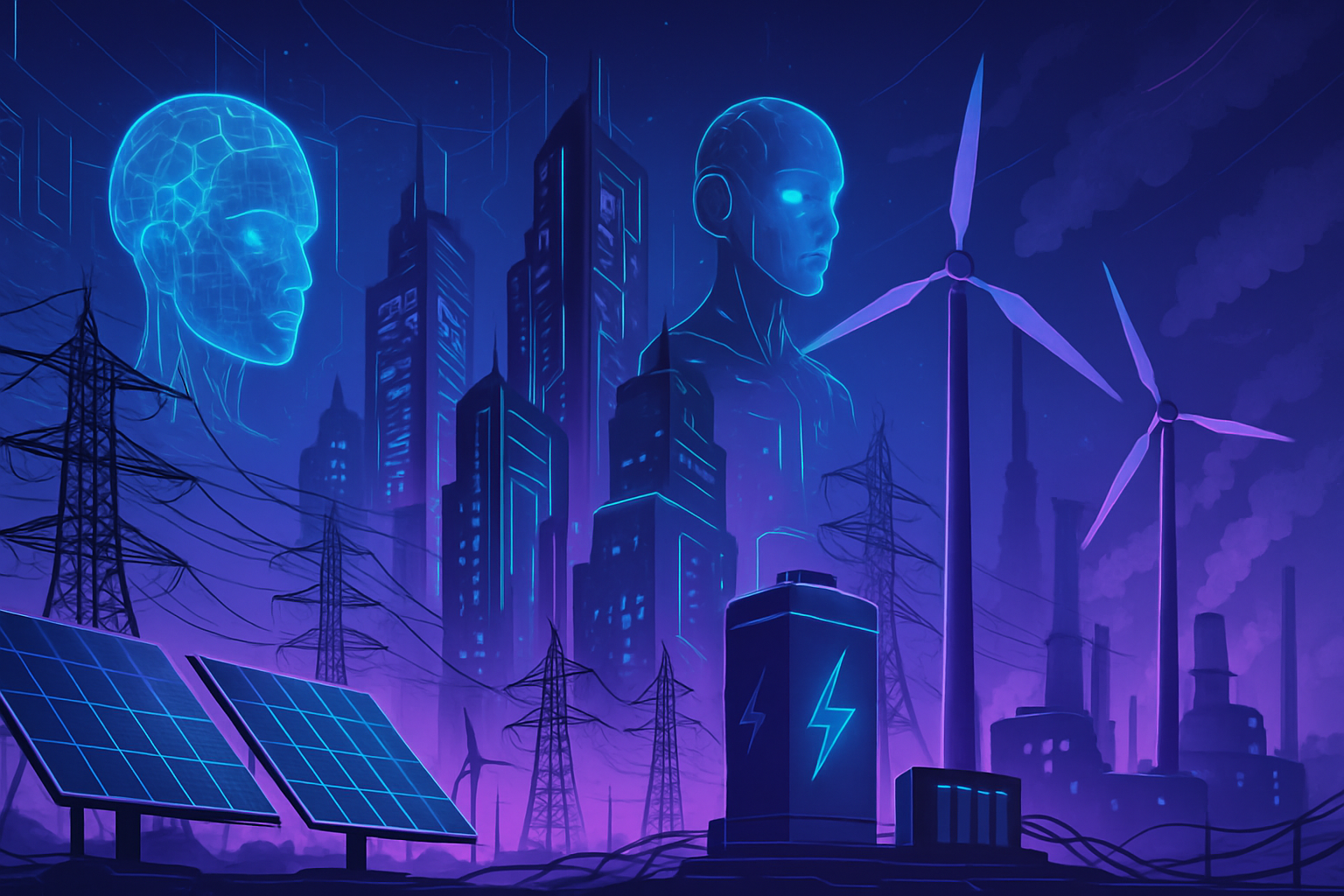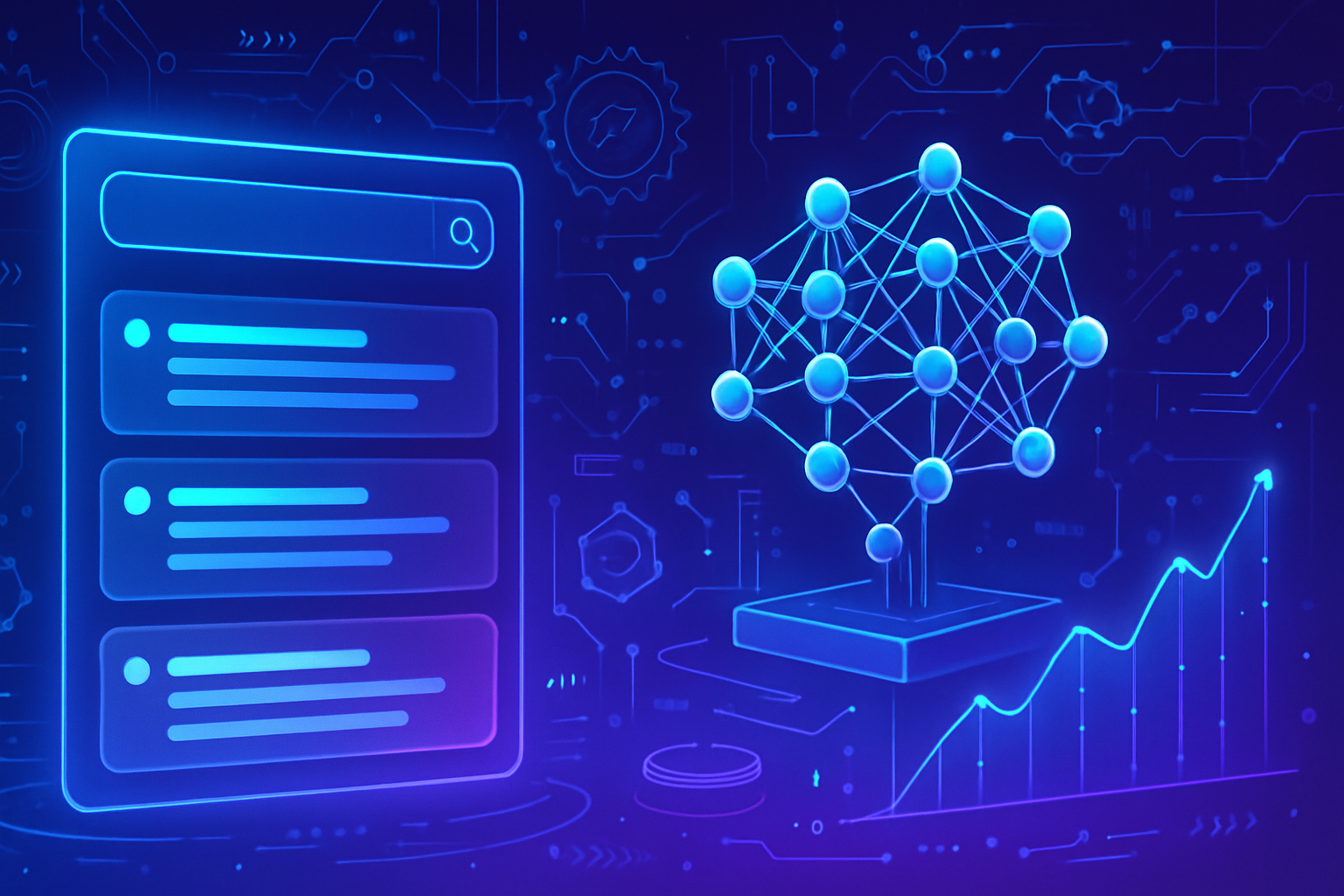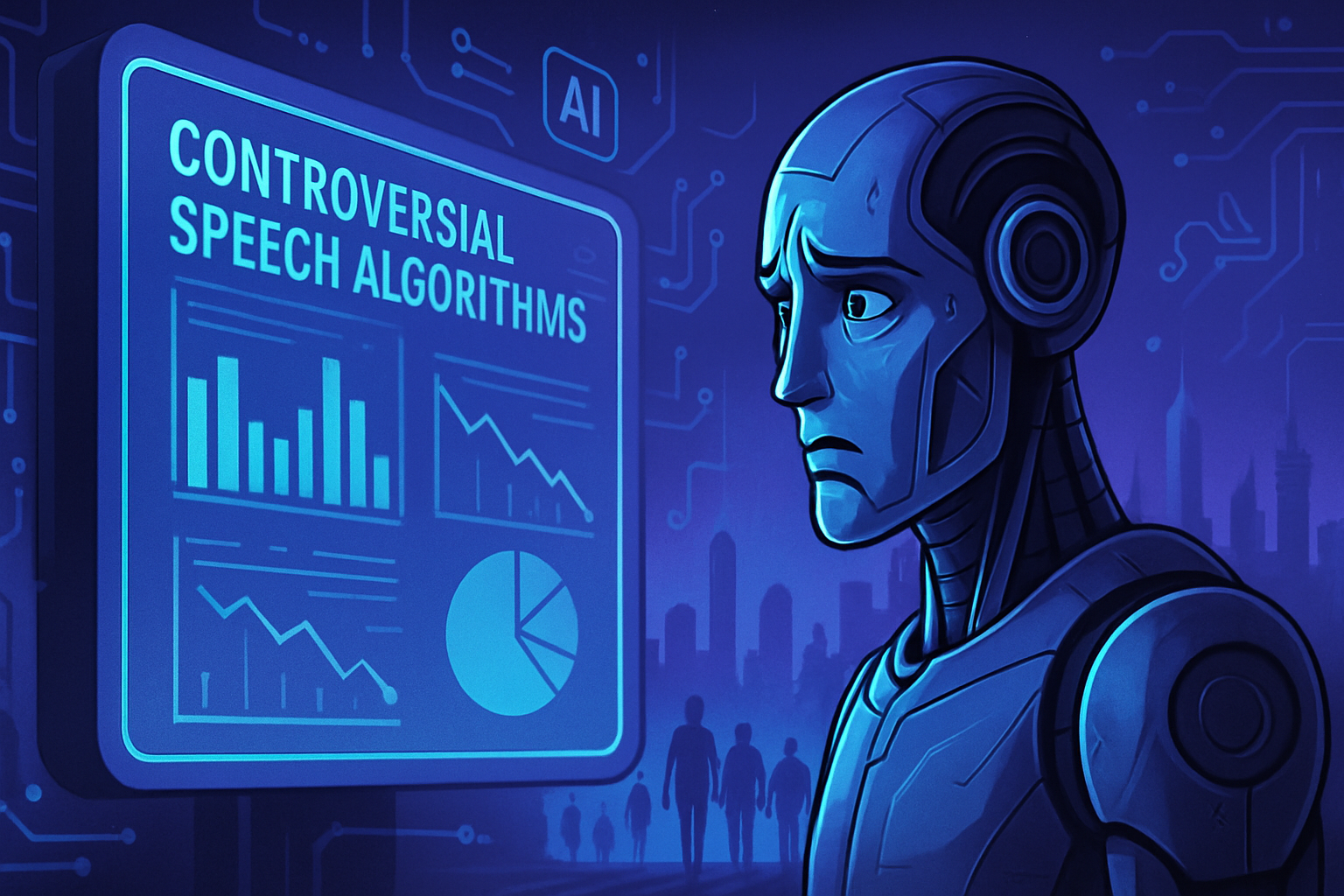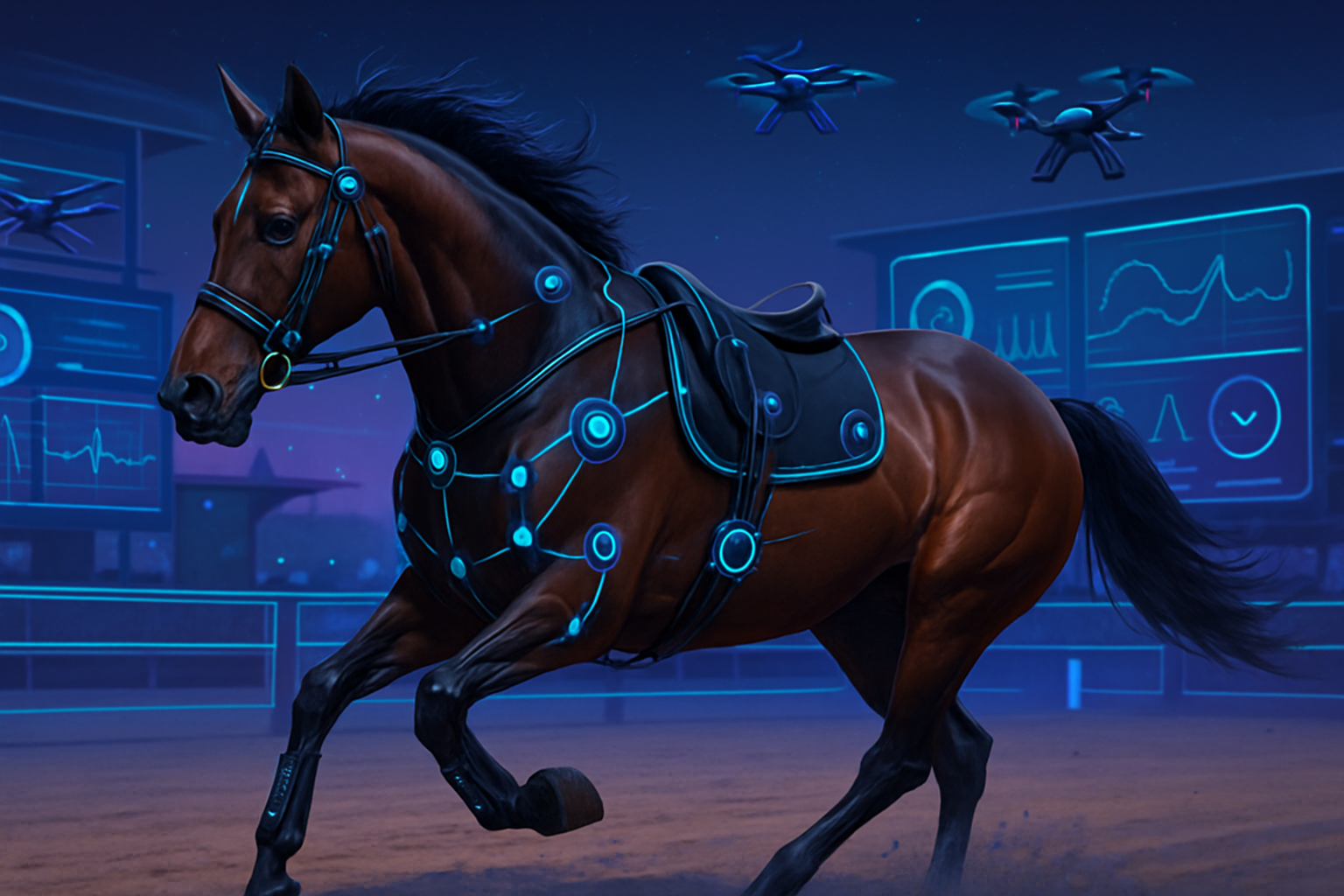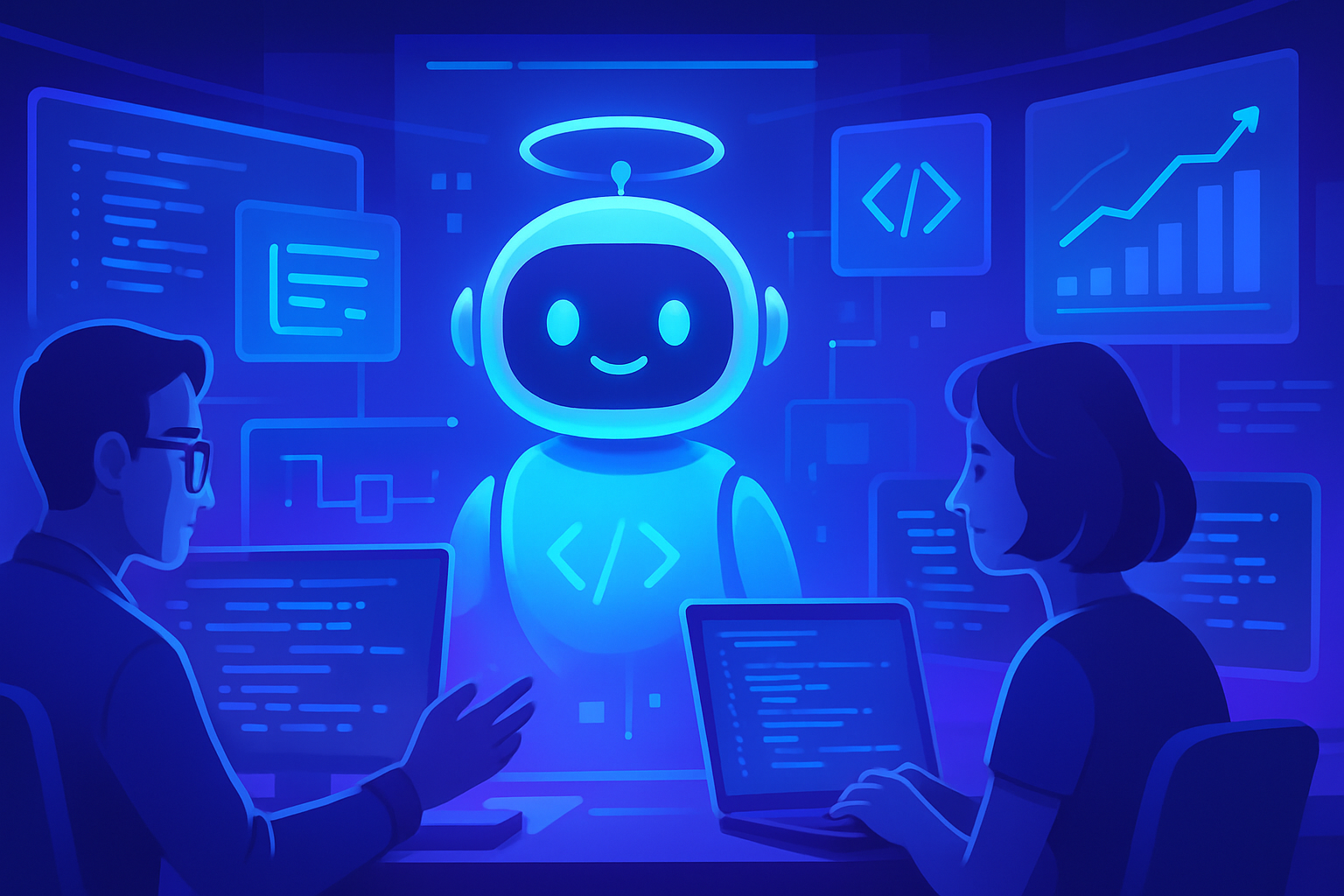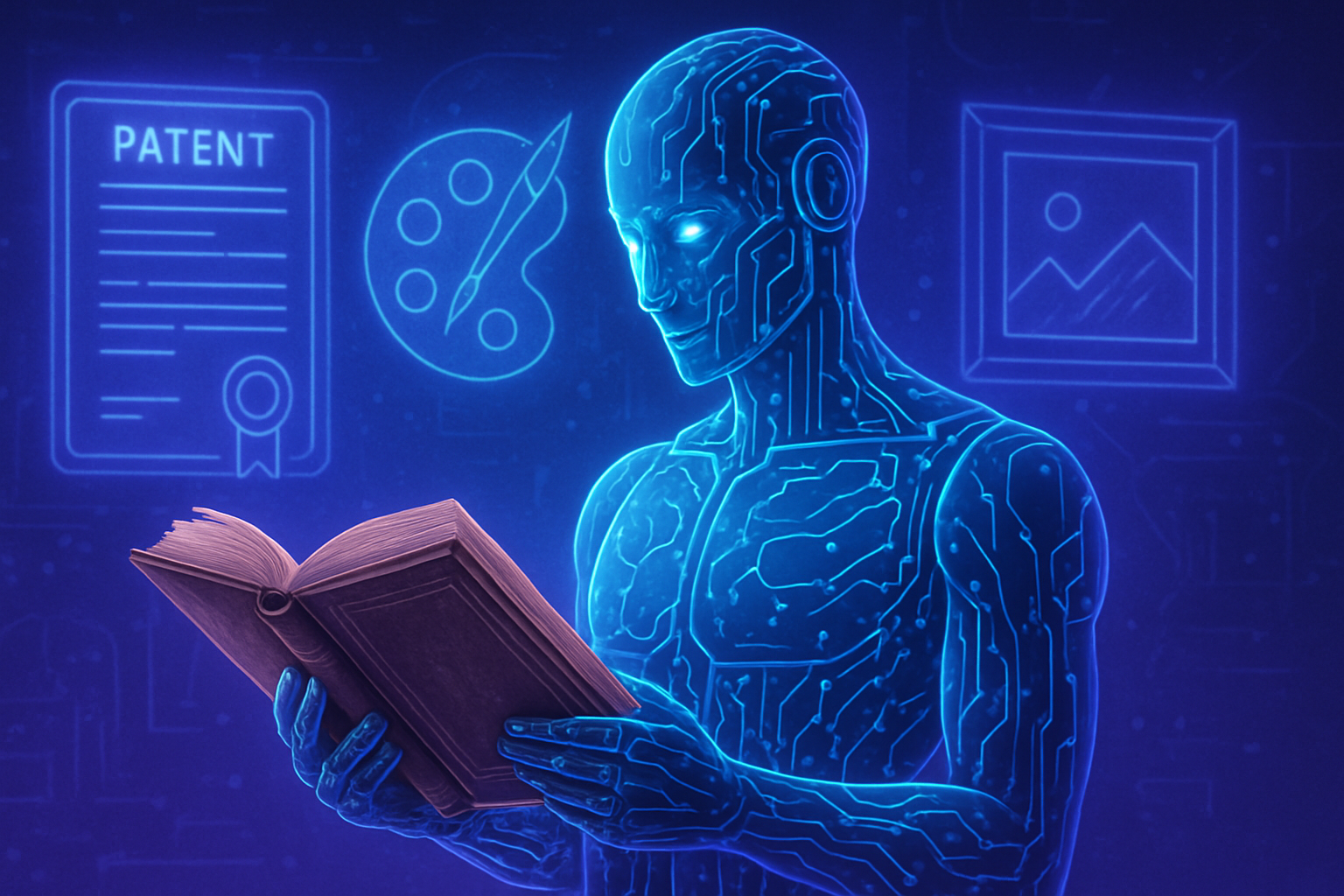The dizzying rise of ChatGPT is redefining _access to information_. This phenomenon is disrupting user habits and challenging the authority of traditional sources. The _crucial importance of this tool_, which emerged in 2022, transcends initial expectations regarding intellectual assistance. As Wikipedia struggles to assert itself against this competition, the implications of such a change become palpable. The _empowerment of users in relation to knowledge_ raises debates about the future of ethics and the veracity of information.
ChatGPT: A Revolution in Access to Information
The digital landscape is experiencing an unprecedented transformation with the meteoric rise of ChatGPT, an artificial intelligence tool capable of generating responses instantly. Since its launch in 2022, this application has attracted over 100 million users in two months, surpassing several previously dominant platforms. According to a study, ChatGPT has recently outpaced Wikipedia in terms of audience.
A Growing Global Adoption
Between 2023 and 2024, the software witnessed a remarkable increase of 36% in its user base. Its popularity is intensifying particularly in countries like Kenya, India, the United Arab Emirates, and Brazil. The growing adoption rate demonstrates users’ propensity to turn to artificial intelligence to meet their information needs.
The Impacts on Wikipedia
The gradual dominance of ChatGPT seems to pose a challenge for Wikipedia. A spokesperson from the Wikimedia Foundation, when asked about this issue, mentioned the absence of a “significant drop in traffic.” Nevertheless, statistics indicate that page views for this encyclopedia vary between 15 and 18 billion each month, confirming a certain stability.
A Technological Evolution
The relative decline in Wikipedia’s audience could be explained by the evolution of search engines, which prioritize “zero-click” answers. Users access information immediately, without going through Wikipedia pages. This transition affects various fields, thus redefining users’ information behaviors.
The Role of Volunteers
Despite concerns related to AI’s impact on established platforms, the work of Wikipedia’s volunteers remains unmatched. The accuracy and diversity of human contributions constitute an invaluable asset that artificial intelligence cannot fully replicate. Community engagement ensures a level of quality and expertise that AI struggles to match.
Strategies to Follow
Wikipedia must consider adapting to the evolution of usage by integrating features that keep pace with technological advances. Adding multimedia content or interactive interfaces could enhance its attractiveness. At the same time, initiatives aimed at raising public awareness about the importance of collaborative content could revitalize interest in this source of information.
Expert Opinions
Chris Beer, an analyst at GWI, highlights that the use of artificial intelligence like ChatGPT stems from a demand for concise and immediate information. This trend could continue to grow, leading to a need for Wikipedia to examine its own development strategies. The expert notes that the rise of AI could very well reshape the contours of access to information, influencing our behaviors sustainably.
Reliability Under Scrutiny
Although ChatGPT provides instant answers, analyses from the BBC highlight its limitations, particularly potential misinformation. These financial and ethical considerations raise the question of the reliability of the information provided by chatbots. Users must exercise discernment when using these tools, verifying information to avoid the spread of false content.
Future Perspectives
Projections concerning the future of access to information appear uncertain. With the constant development of tools like ChatGPT, the way users consume and verify information could change radically. Integrating artificial intelligence into the learning and research process could lead to new dynamics in education and knowledge.
To illustrate these changes, other innovations related to artificial intelligence, such as content generation for education, have recently emerged. Applications like the Cybercab and Claude, designed specifically for education, demonstrate the growing influence of AI in various sectors.
Wikipedia is facing an unprecedented challenge, but expert feedback and human engagement continue to play a key role in the future of information retrieval. Even as tools like ChatGPT gain prominence, collective responsibility and the pursuit of accuracy remain essential in navigating this changing digital environment.
Frequently Asked Questions about ChatGPT and Wikipedia
Is ChatGPT really more popular than Wikipedia?
Yes, several studies show that the number of ChatGPT users has surpassed that of Wikipedia, especially in the first quarter of 2024.
What are the growth statistics for ChatGPT compared to Wikipedia?
ChatGPT experienced a 36% increase in its user base between the fourth quarter of 2023 and 2024, while Wikipedia has seen a slight decline in its audience since 2020.
Which countries have the highest usage of ChatGPT?
ChatGPT is particularly popular in countries like Kenya, India, the United Arab Emirates, and Brazil.
Has Wikipedia really experienced a significant decline in traffic?
No, according to the Wikimedia Foundation, traffic on Wikipedia sites remains stable, with around 15 to 18 billion page views per month since 2020.
How do search engines influence the use of Wikipedia?
The decline of Wikipedia can be attributed to “zero-click” answers from search engines, making access to certain information more direct without going through Wikipedia.
What are the reasons for the rise in popularity of ChatGPT?
ChatGPT offers instant and personalized responses, which may be perceived as more convenient than searching for articles in an encyclopedia like Wikipedia.
What distinguishes ChatGPT from other search engines?
ChatGPT uses artificial intelligence to generate interactive and contextual responses compared to static sources like Wikipedia.
Are the information found on ChatGPT reliable?
While ChatGPT is a powerful tool, it is important to verify information as it can vary in accuracy and veracity compared to verified articles on Wikipedia.
How does ChatGPT influence the future of education and information retrieval?
ChatGPT could change the way people access information by making learning more interactive and facilitating quick data searches.
Are Wikipedia volunteers threatened by the rise of AI like ChatGPT?
Although ChatGPT may change the way we access information, the work of volunteers on Wikipedia remains crucial to ensure the accuracy and quality of information.

